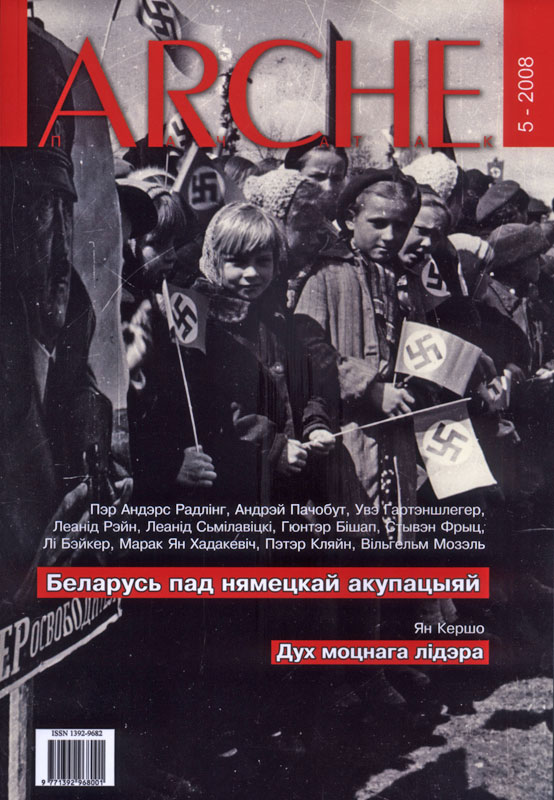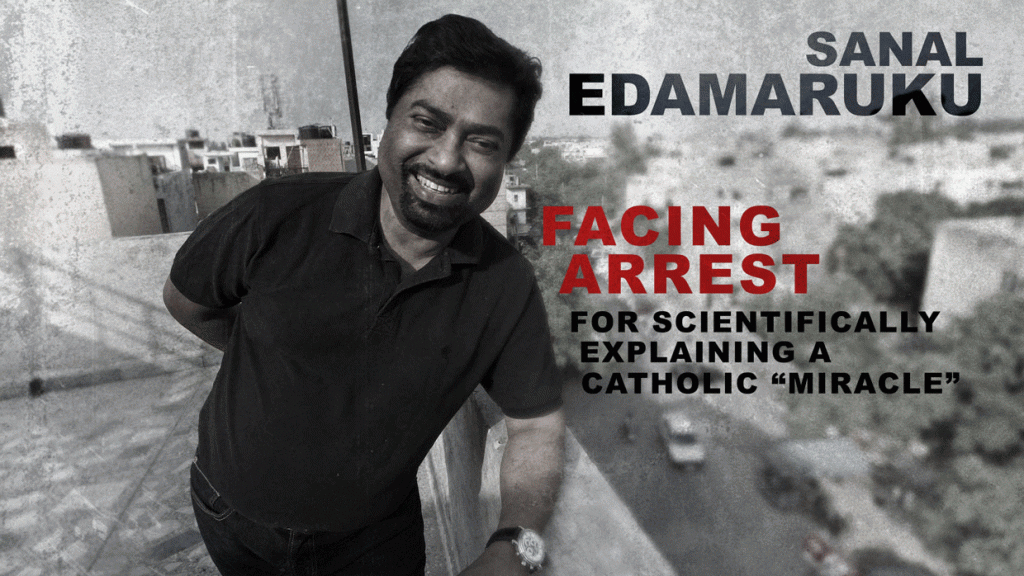BBC stumbles, but will it fall?
You couldn’t make it up – and any 21st century Evelyn Waugh’s hoping to match his tales of journalistic folly must be wondering how art or the comic novelist can outdo reality. As George Entwistle becomes the second BBC Director General to resign in the last decade over the credibility of a key BBC news story, is the BBC really in crisis? Or can a rapid new appointment stop the rot?
In a nutshell, the BBC first spiked what by all accounts was a piece of very serious journalism on alleged child abuse by a leading national figure, Jimmy Savile — leaving rivals ITV to broadcast the story first — and then it let through a piece of shoddy journalism on child abuse wrongly implicating, albeit anonymously (’til Twitter got to work), another national figure. While some have suggested the second, lax editorial signoff two weeks ago may actually show that caution over the Savile story was appropriate, this looks like the wrong conclusion.
Only some insiders know the full story of both process and content. But we do know that in the Savile case substantial evidence had been gathered, and five women were interviewed on camera about their allegations. Whether there was pressure from above, fear of libel, a casual attitude to child abuse involving young teenage girls or all these and more, the decision not to broadcast looks wrong — and has led to a storm of criticism since the story broke at the start of October. The BBC’s subsequent crisis management was inept — Entwistle sounding inadequately informed and turning in a weak performance before MPs, while Newsnight editor Peter Rippon, who shelved the programme, had to amend his blog post on how the decision was taken to correct inaccuracies.
A month after the Saville fiasco broke, Newsnight then broadcast its programme interviewing Steve Messham who alleged child abuse at a North Wales home in the 1970s by a senior Conservative politician. On Monday evening, the BBC issued a summary of its internal report confirming that Newsnight neither showed Messham a photo of the politician — nor put the allegations to that politician. Lord McAlpine – mentioned in a series of tweets by a range of people after the Newsnight broadcast — has threatened legal action. Messham came out publicly after the programme and said McAlpine was not the person whose photo the police had shown him in the 1990s, and apologised. The BBC also apologised. Entwistle resigned, as did the director of the Bureau of Investigative Journalism, Iain Overton, the Bureau having been involved in making the programme. As the summary BBC report says some “basic journalistic checks were not completed.”
Some suggest a libel action from McAlpine against Newsnight may fail, as the peer was not named in the programme. But wherever the legal case goes, the journalism looks shoddy and the editorial judgement in broadcasting the programme a bad call.
Perhaps one of the few brighter points of this dismal tale is that the most senior people in the two organisations resigned so fast — a lesson that ought not to be lost on hesitant politicians, heads of banks and others in recent years who have failed to step up and take responsibility for failures on their watch, or only reluctantly, slowly and after continuous pressure. But the large pay-off announced for Entwistle has rather diminished some of the impact of the honourable rapid resignation.
In a trenchant statement, Newsnight’s leading presenter, Jeremy Paxman blamed the post-Hutton inquiry BBC culture of appointing “biddable” people and “bloating” management at the expense of programme budgets. This sounds like the NHS, that other British icon, where years of changing reforms have repeatedly seemed to prioritise managers over medical staff. But if biddable managers is the problem, that can explain the Savile case — not taking a risk — but not the McAlpine case — taking a risk in spite of inadequate journalistic output. And it is how the BBC learns the lessons of these two opposite failures that will determine the eventual outcome of this crisis.
In the short term, the BBC will surely ride the crisis out. Chris Patten, heading up the BBC Trust, is right to be moving quickly to appoint what will have to be a top quality, credible new Director General.
But the BBC cannot afford another scandal of this sort soon. And the danger must be that serious, high quality, challenging journalism will be held back. If a battered, bruised and risk-averse BBC chooses to avoid any repetition of the second Newsnight weak journalism scandal, or holds back on anything risky as a second line of defence, then the crisis will have done real damage. If the BBC loses its courage on decent investigative journalism, this might create a false sense of calm for a while, but at the cost of undermining its reputation in the longer term. Steering between the twin hazards of weak editorial control and risk averse editorial control will be the test for the BBC and its next Director General.


 Date: Wed 21 November, 1pm
Date: Wed 21 November, 1pm As Index launches a
As Index launches a